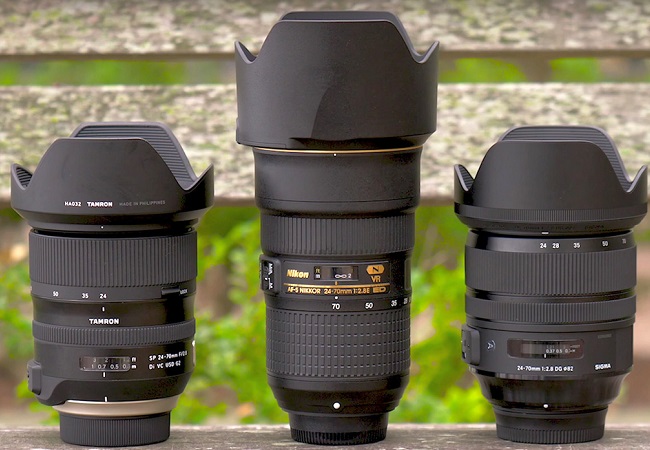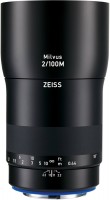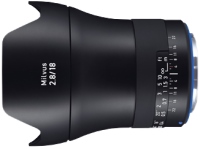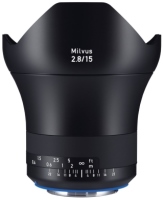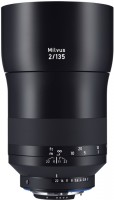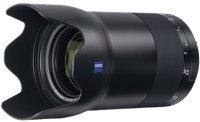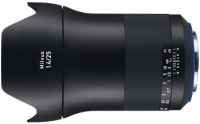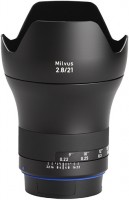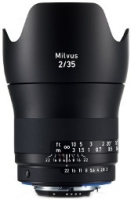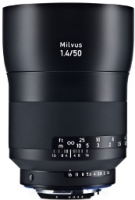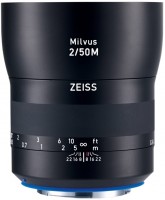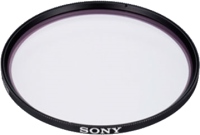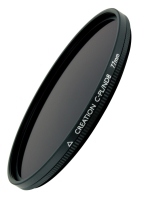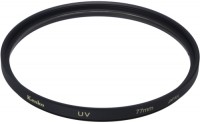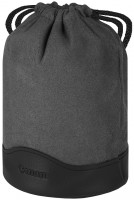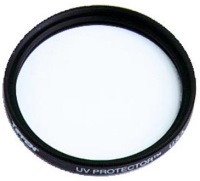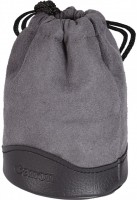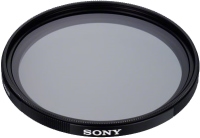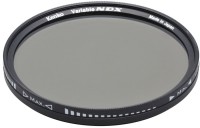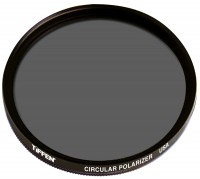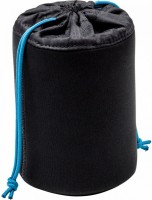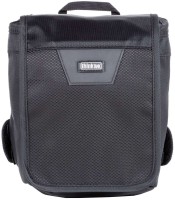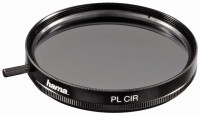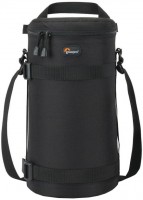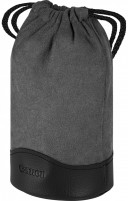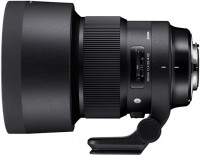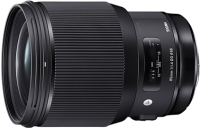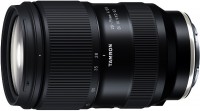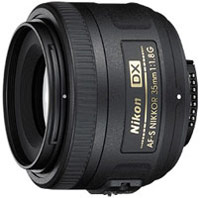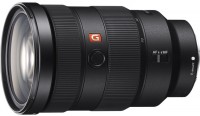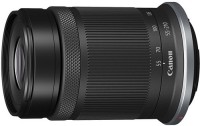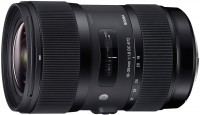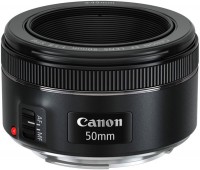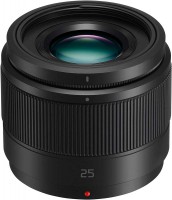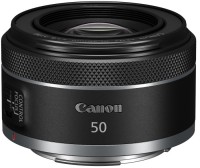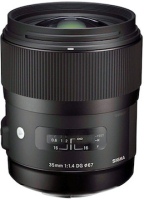Carl Zeiss 85mm f/1.4 Milvus
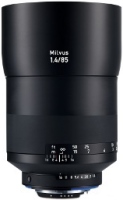 |
Carl Zeiss 85mm f/1.4 Milvus | |||||||||||||||||||||||||||||||||||||
| |||||||||||||||||||||||||||||||||||||
Always clarify the specifications and configuration of the product with the online store manager before purchasing.
Catalog Carl Zeiss 2025 - new arrivals, bestsellers, and the most relevant models Carl Zeiss.
Buy Carl Zeiss 85mm f/1.4 Milvus
ZEISS Milvus 85mm f/14 Full Frame Camera Lens for Canon EF-Mount ZE Black 000000-2096-561 | $1,874.00 | ||||
Zeiss Milvus 85mm f/1.4 ZE Lens for Canon EF 2096-561 | $829.00 | ||||
Zeiss Milvus 85mm f/1.4 ZF.2 Portrait-Length Prime Camera Lens 2096-560 | $1,874.00 | ||||
Zeiss Milvus 85mm f/1.4 ZF.2 Lens for Nikon F 2096-560 | $749.00 | ||||
Zeiss Milvus 85mm f/1.4 ZE Portrait-Length Prime Camera Lens 2096-561 | $1,874.00 | ||||
The Milvus line is one of the freshest in the Zeiss fleet. It includes 6 lenses at once, each of which deserves the honor of being called the best in its industry.
bokeh
The classic portrait Carl Zeiss Milvus 1.4/85 only loses a little in terms of sharpness to its fellow — the top lens and the dream of any photographer Carl Zeiss Otus 1.4/85. Synthetic tests and a real picture confirm this similarity. But the lens is especially cool at drawing bokeh — it turns out to be fabulous and nicely emphasizes the subject of the shooting, without distracting too much attention.
Peculiarities
There is no autofocus drive and image stabilization system on board the lens. Therefore, you should be prepared for the fact that you will have to catch the focus with your hands. You can navigate by a detailed focus scale, traditionally marked in metres and feet. And to avoid image blur in low light conditions, you need to additionally use a tripod.
Colour rendering
Colour reproduction deserves high praise — the lens accurately reproduces colours, making them moderately saturated. Stray tones and chromatic aberrations won't spoil the picture. Weatherproof is a bonus — you can shoot in the rain or snow without fear.
Portrait
There is certainly no point in taking a lens to perform any reporting tasks. It is designed for leisurely and thoughtful portrait shooting with spectacular background blur. It is worth saying that the lens handles with this task by 100%.
Reference. The term "bokeh" literally translates from Japanese as "blur" or "unsharpness". This value refers to the artistic blurring of the background, which separates the subject from the background. The level of background blur depends on the lens aperture and focal length (for example, 85mm f/1.4). And the shape of blurry objects outside the focus area depends on the design and number of aperture blades.

